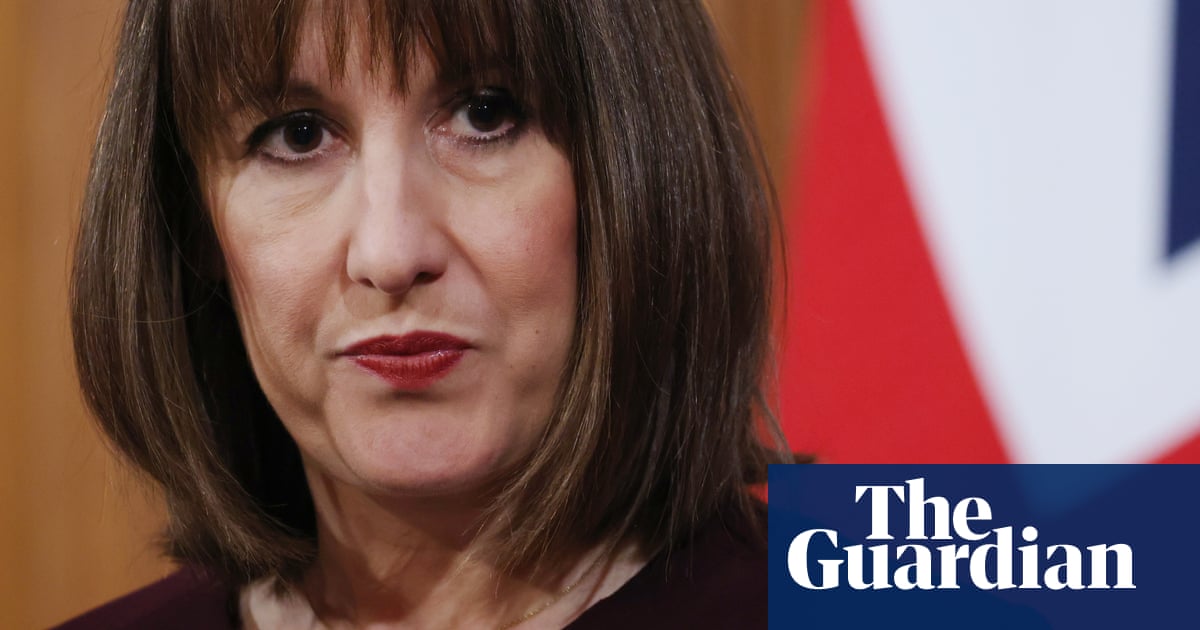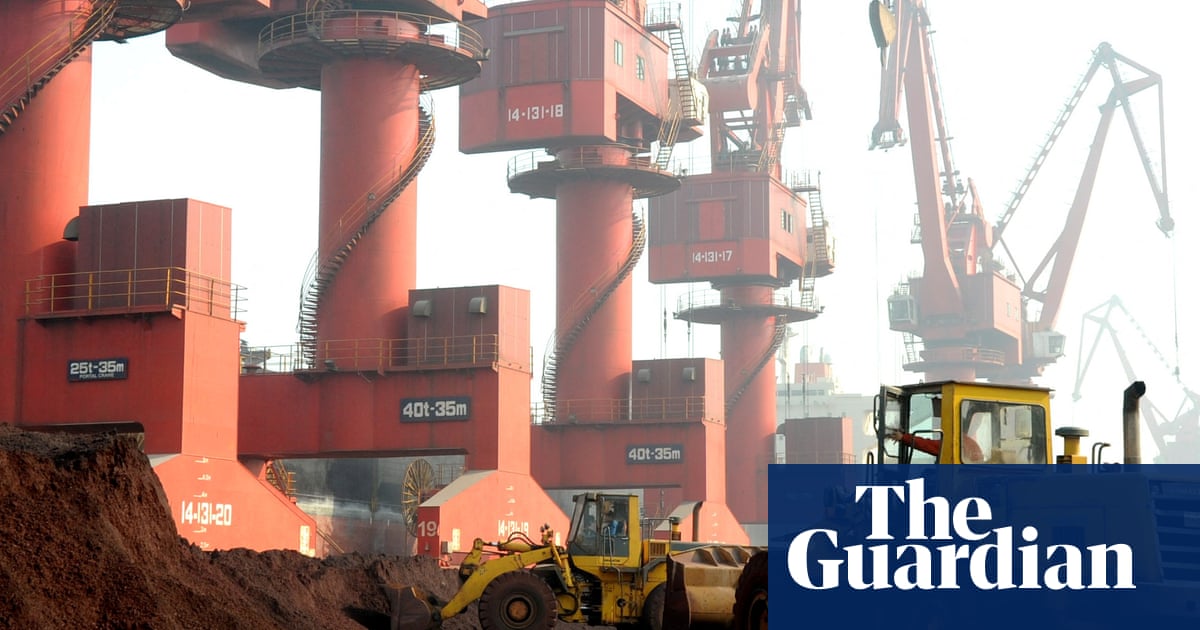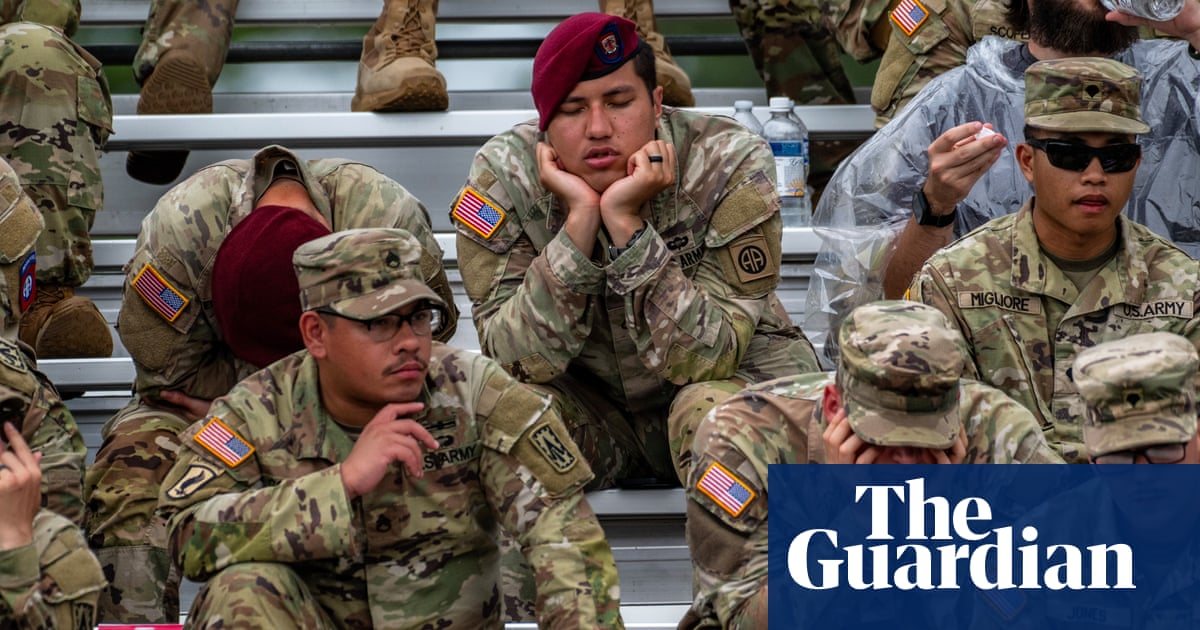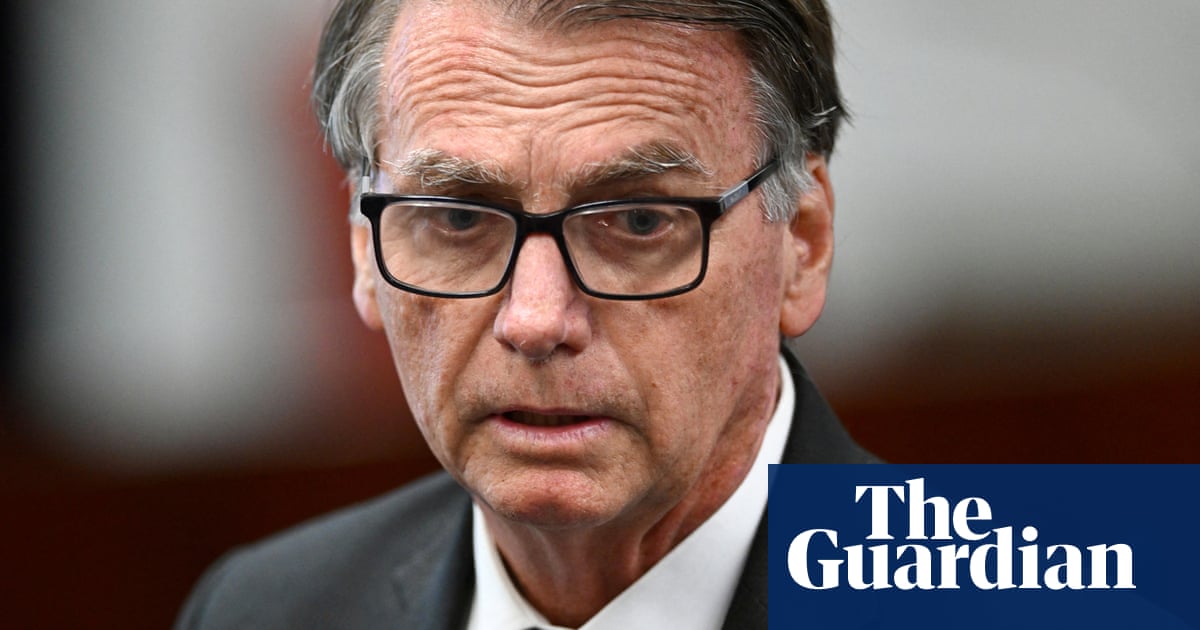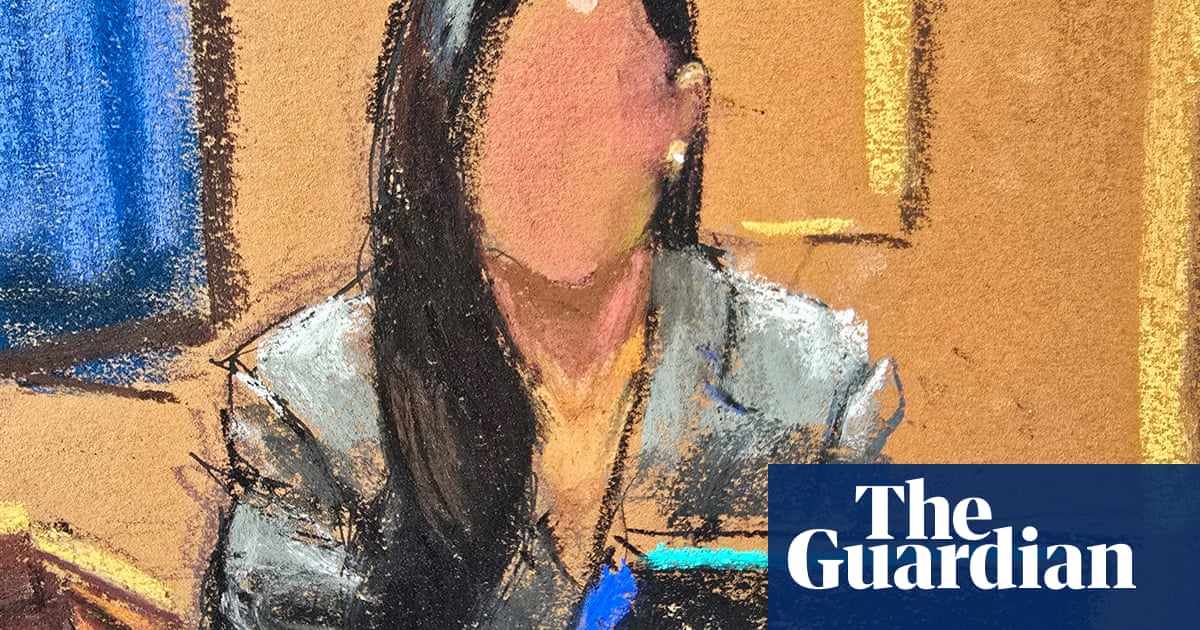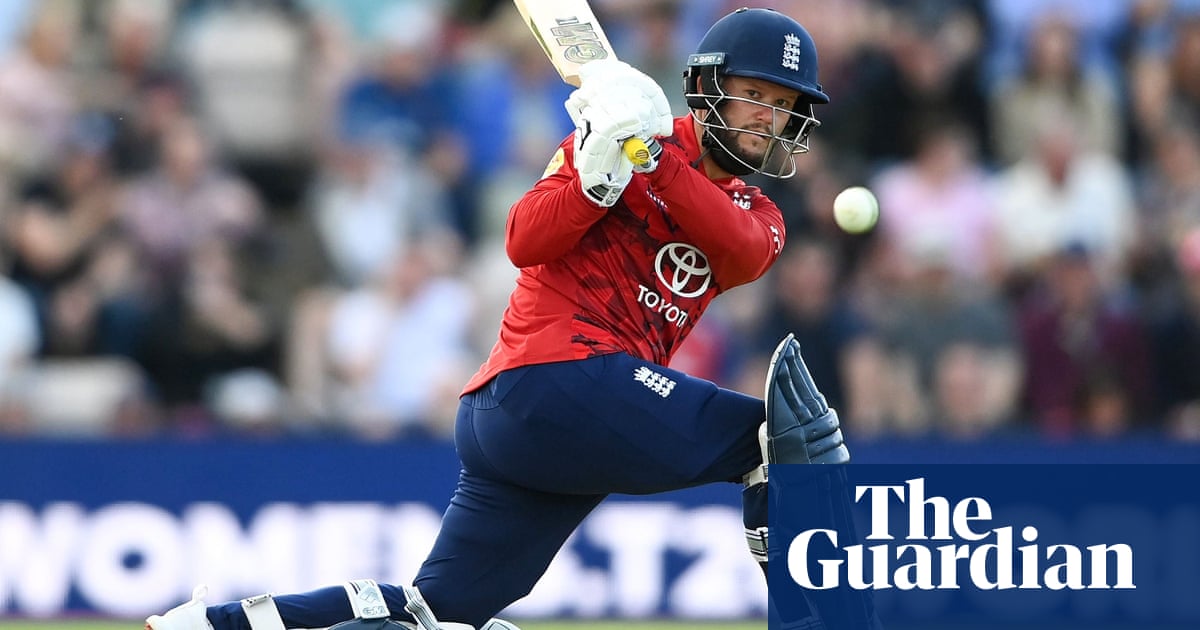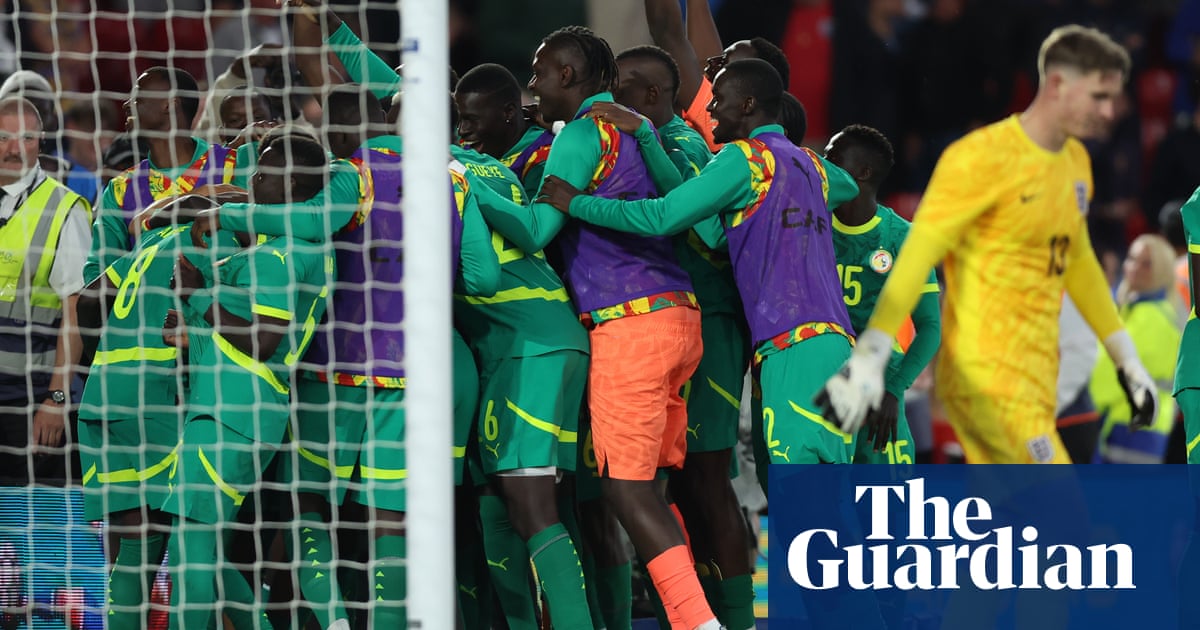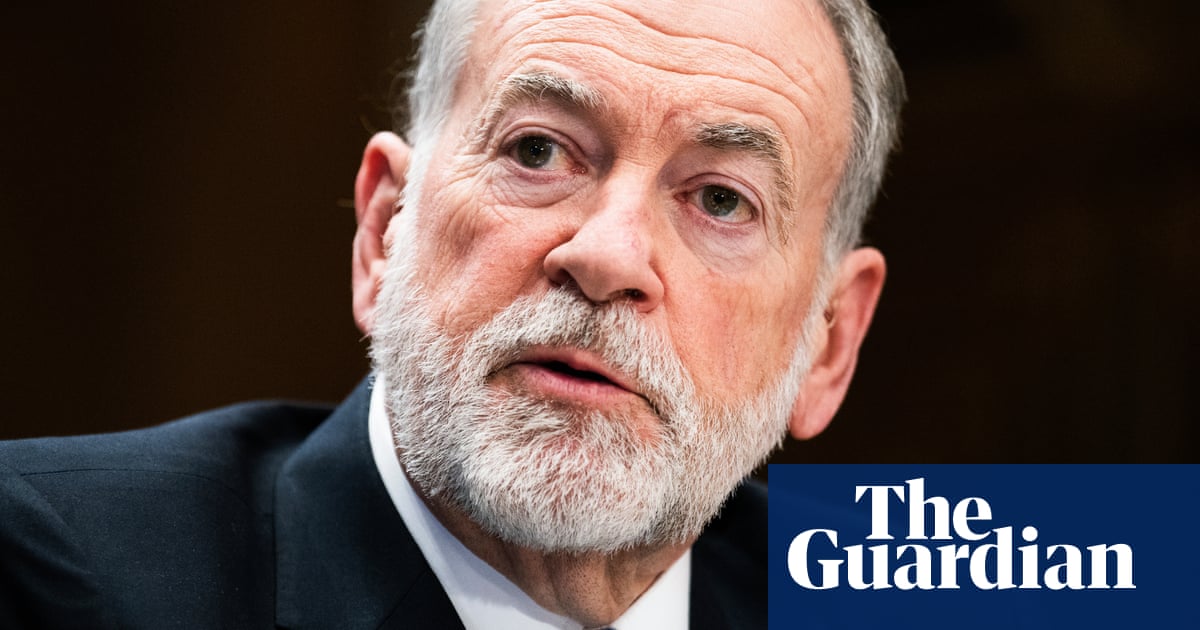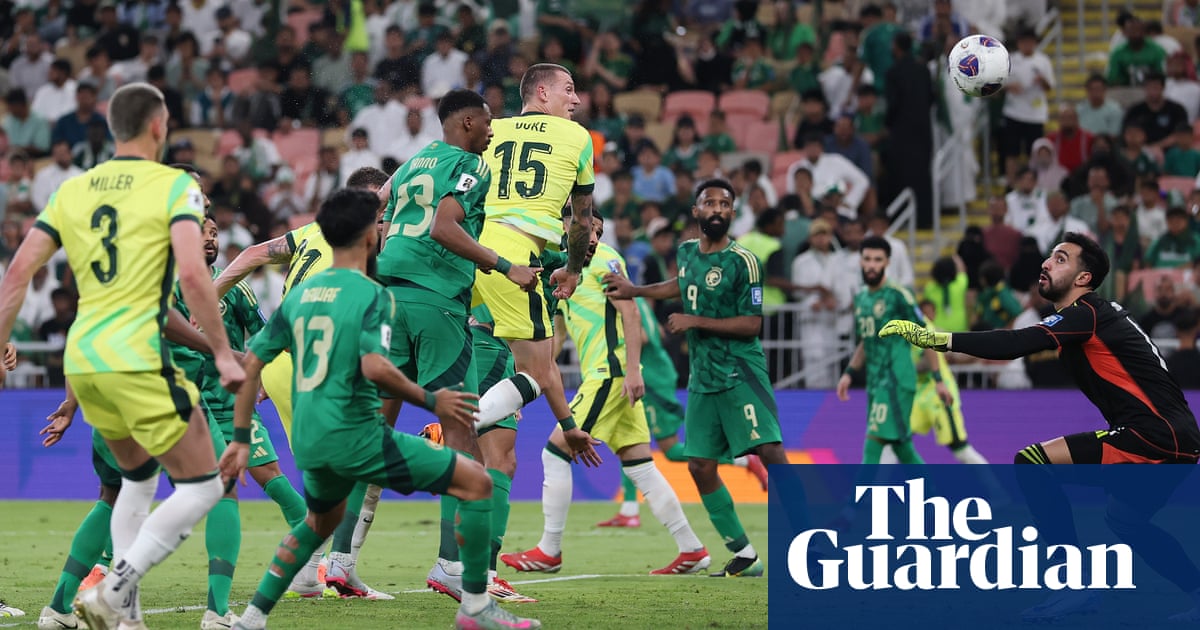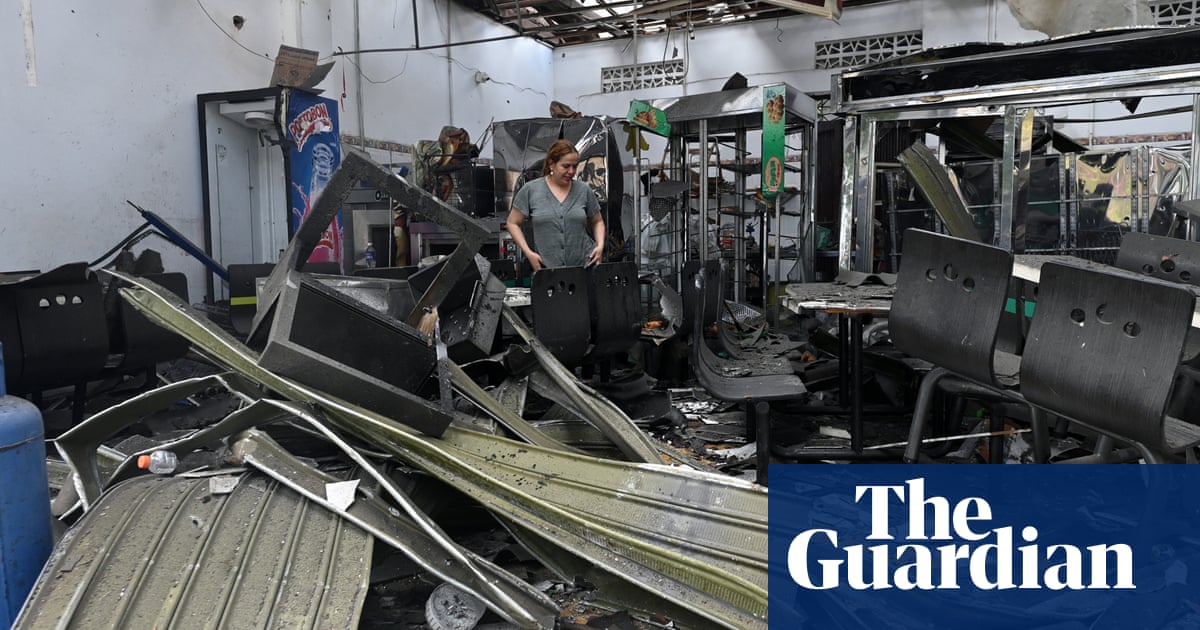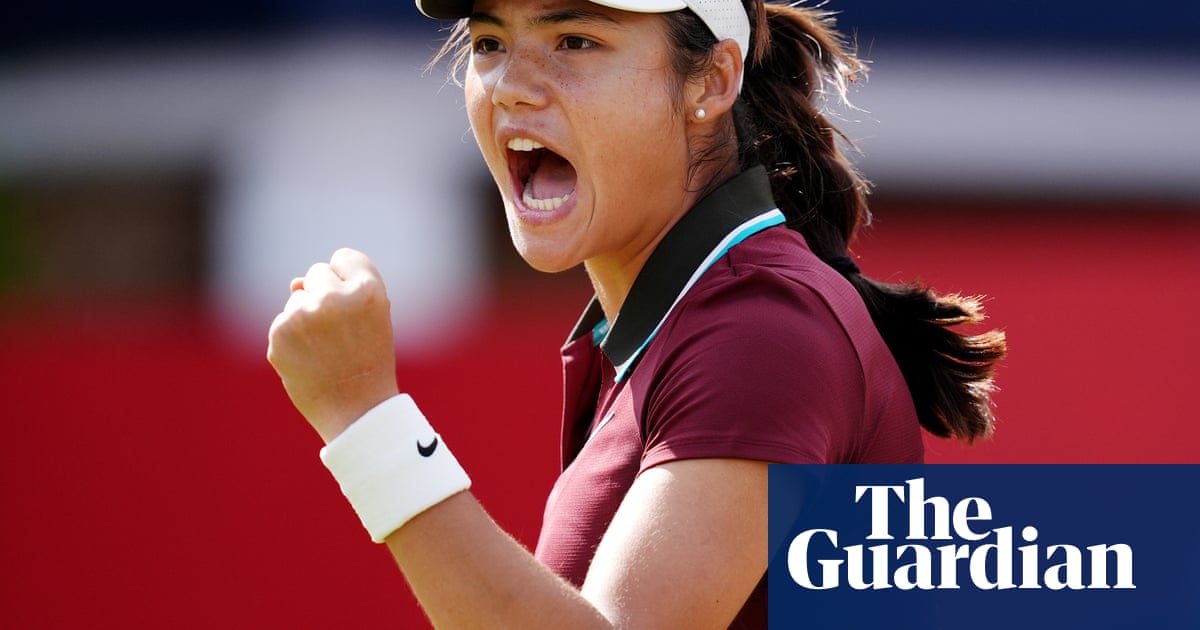Last Sunday, in the northern Argentinian city of Santiago del Estero, Platense beat Huracán 1-0 to win Argentina’s Apertura, the decisive goal a beautiful dipping effort struck at the top of the bounce by Guido Mainero. It was the first title in the club’s 120‑year history and provoked scenes of extraordinary emotion.
Platense are one of Argentina’s quirkier clubs. They are nicknamed the Squid because their original ground was built on a marsh and the story grew that they played better in wet conditions when, as the journalist Antonio Palacio Zino put it, “the boys moved like squid in their ink”. The boggy conditions are also supposedly why they wear brown after an early director thought it would help to hide mud stains; the real reason is probably that their first members agreed to wear the colours of a jockey who won a particular race.
None of their fans expected anything like this. Just as it has been for the rash of other rare winners across the world in recent months, for Newcastle, for Crystal Palace, for Aberdeen, for Union Saint-Gilloise, for VfB Stuttgart, it was a time for reflection, to remember friends and family long since passed who would have loved to have been there. “At a time like this,” one of their joint managers, Favio Orsi, said, “I think of my old man. I owe football to my old man. I thank life for everything I shared with him.”
If asked by a sceptic why football matters, this is what you would point to, its capacity to foster community, reflection and a stirring nostalgia: “It is so sad to know that those days, win or lose, can’t return. Nor those remember faces be gathered in one place again,” as JL Carr’s narrator has it in his remarkable novel How Steeple Sinderby Wanderers Won the FA Cup.
Now, imagine you are a supervillain. You sit in your sinister mountain lair, all gleaming black stone and discreet lighting, stroking a cat and occasionally cackling manically. You care nothing for this euphoric purity. What you care about is power. You recognise the appeal of the smaller clubs and their fairytales, but that only obstructs your grand plans. You need to destabilise and destroy, and you decide the best way to do that is to create a cadre of super-clubs so wealthy that they render their domestic leagues farcical, drawing them ultimately towards a global super league.
Nobody is saying that’s what Fifa is doing. Quite apart from anything else it would require a degree of organisational competence that has not been obviously apparent in the planning of the Club World Cup. But if that were what our supervillain were doing, how different would it look to the Club World Cup?
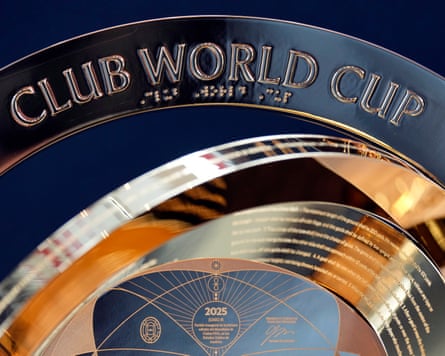
The financial stratification of the game is already a major problem. Over the past decade it has become standard for European leagues to be dominated by one or two clubs. The evidence of last season suggested the Premier League may have stumbled into a more equitable situation by dint of the combination of extremely high broadcast deals and profit and sustainability rules (at significant cost to the Championship and the rest of the world), but even that would be challenged by the impact of the Club World Cup, most of it funded by Saudi Arabia and Qatar.
The Saudi Public Investment Fund had already invested in DAZN, which bought the broadcast rights for the Club World Cup, when on Thursday it became an official partner of the competition. Qatar Airways had been named as a partner 48 hours earlier. It’s not usual for major sponsorship deals such as this to be concluded less than a fortnight before the opening game.
Were Chelsea, say, to win the Club World Cup, they would receive around £100m in prize money and participation fees, a month’s work for what a lower mid-table side would make in Premier League prize money for an entire season.
The Premier League isn’t really the problem here. It is big enough and rich enough that it can just about absorb one club suddenly being handed £100m. But other leagues are not. Auckland City play in the Dettol Northern League, an amateur competition in New Zealand’s North Island. Even if they lose every game in the group stage, they will receive £2.64m for participation. The Northern League caps player expenses at £70 a week. It’s been widely reported that clubs circumvent that so some players might be making as much as £350 a week. In that environment, £2.64m goes a very long way.
Or take the example of Platense. Their prize money for winning the Apertura last week was £370,000. There are two Argentinian representatives in the Club World Cup: Boca Juniors and River Plate. Even if they lose every game, they will each get £11.25m for participation. Turn up, and they get 30 times as much as the winners of the domestic championship (albeit there are two champions every season in Argentina). Imagine Boca beat Auckland City: there’s another £1.5m. Say, Boca or River progress to the last 16: there’s £5m more.
after newsletter promotion
Even given the complicated financial situations at most clubs in Argentina, it would be an extraordinary dereliction to fail to convert that into domination, particularly given the advantages the big two already enjoy.
Even if it remains as a competition held every four years – and rumours swirl of aspirations to make it biennial – for most sides, participation in the Club World Cup should become self‑perpetuating, a couple of dozen clubs almost infinitely wealthier than their domestic rivals. What then would the future be?
Our cat-stroking supervillain is thinking of a global super league that would diminish the domination of Uefa and the Champions League, which would suit Fifa very nicely. Coincidentally the Fifa president, Gianni Infantino, did try, with limited success, to establish an African super league that risked upsetting the delicate balance of local leagues and destroying the rivalries that have sustained the game there for decades.
It’s worth reiterating that nobody is saying that is Fifa’s grand plan. But that the financial distortion of leagues does feel like the sort of thing that an effective global governing body should be considering, perhaps even guarding against.
As it is, Fifa is engineering it.

 23 hours ago
6
23 hours ago
6

